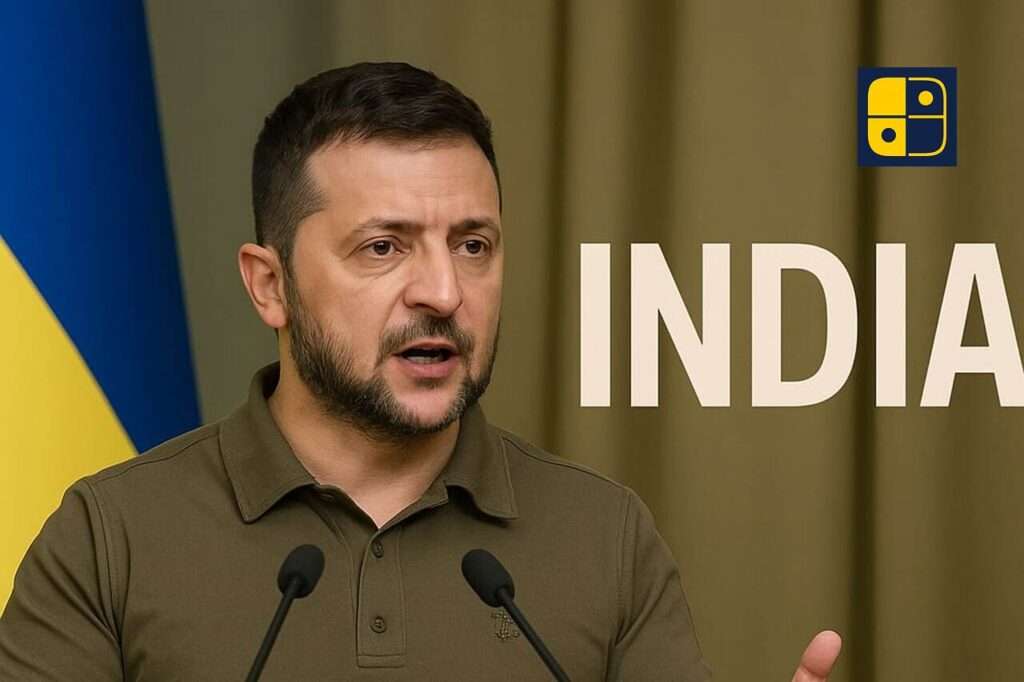Ukrainian President Volodymyr Zelenskyy’s assertion that “India is mostly on our side” reflects less a sudden alignment than a deliberate recalibration of Kyiv’s rhetoric. For much of the conflict, Ukraine has voiced unease at India’s neutral stance abstentions at the UN, refusal to sanction Moscow, and the surge of discounted Russian oil imports that now constitute nearly 40% of New Delhi’s crude basket, up from barely 2-3% in 2021. Yet Zelenskyy’s latest remark seeks to pull India rhetorically closer, even as Kyiv recognises that New Delhi’s choices are shaped by energy security and strategic autonomy rather than alliance politics.
The comment must be read against the backdrop of intensifying global contestation. While Washington has accused India of “funding the war” through oil purchases, European capitals increasingly see New Delhi as a pivotal swing actor whose cooperation could restrain Russia’s leverage in Asia. For Zelenskyy, projecting India as “mostly supportive” is not only about optics but also about pressuring the West to engage India more substantively.
For India, the challenge is delicate. Accepting Kyiv’s framing risks undermining ties with Moscow, still its largest defence supplier, while rejecting it outright dilutes its role as a mediator. The strategic test lies in preserving autonomy while translating neutrality into leverage, not dependency.

